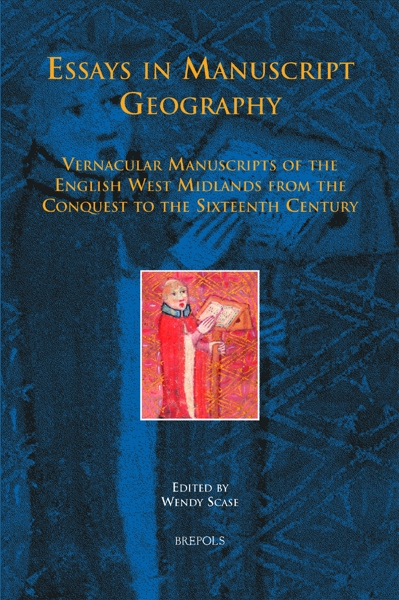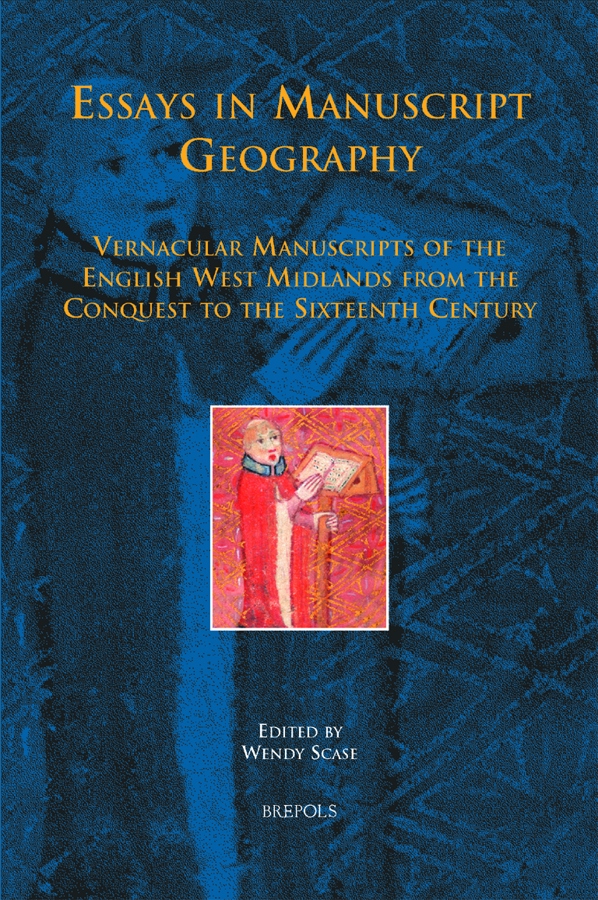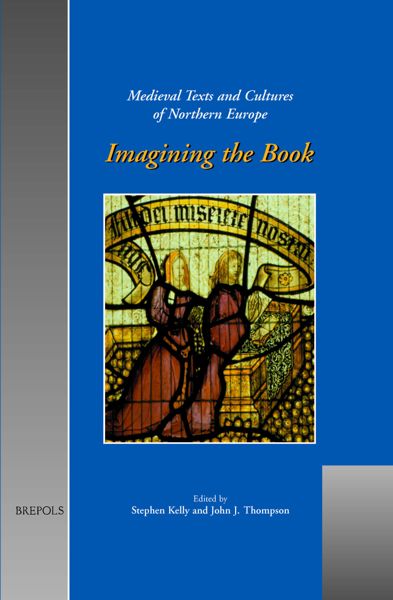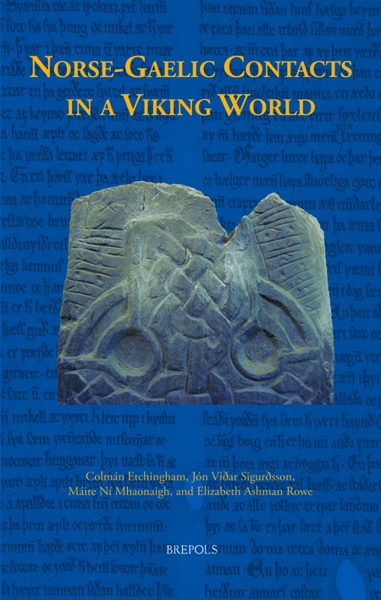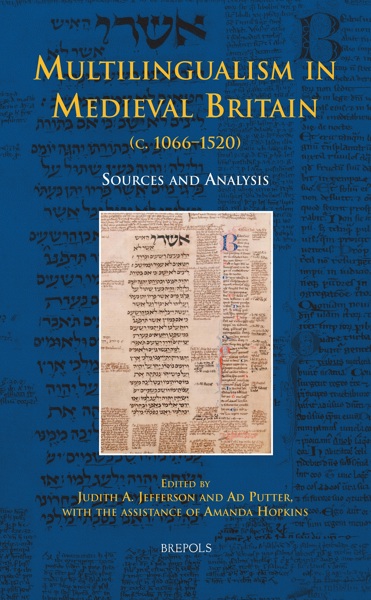
Essays in Manuscript Geography
Vernacular Manuscripts of the English West Midlands from the Conquest to the Sixteenth Century
Wendy Scase (ed)
- Pages: 296 p.
- Size:160 x 240 mm
- Illustrations:16 b/w
- Language(s):English
- Publication Year:2007
- € 55,00 EXCL. VAT RETAIL PRICE
- ISBN: 978-2-503-51695-0
- Hardback
- Available
- € 55,00 EXCL. VAT RETAIL PRICE
- ISBN: 978-2-503-53892-1
- E-book
- Available
"The volume has been carefully edited and thoroughly indexed, and Wendy Scase capably presents both a summary of the contents and a useful sense of the project's place in the directions of recent scholarship. (...) this volume will serve as a useful resource for further studies in the region's manuscript networks and as an instructive model for those undertaking similar geographic studies." (G. Shuffelton, in: The Medieval Review, 08.10.08)
"Both in its experiments with geographical analysis and in its use of quantitative analysis across large manuscript corpora, this volume offers a variety of exciting and challenging new approaches to the study of vernacular manuscripts." (T. Burrows, in: Parergon, 25.2 (2008), p. 136-138)
"Taken together with the introduction, these articles present some fascinating insights and useful fresh perspectives." (H. Skoda, in: Modern Language Review, Vol. 107, Part 2, April 2012, p. 585-586)
